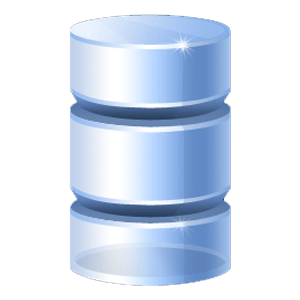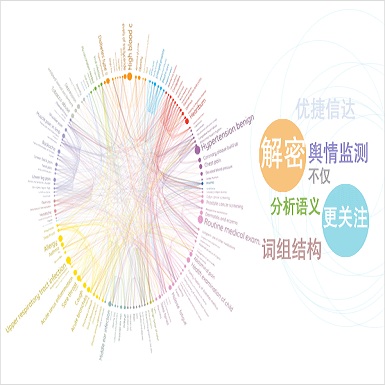Table Question-Answering involves both understanding the natural language query and grounding it in the context of the input table to extract the relevant information. In this context, many methods have highlighted the benefits of intermediate pre-training from SQL queries. However, while most approaches aim at generating final answers from inputs directly, we claim that there is better to do with SQL queries during training. By learning to imitate a restricted portion of SQL-like algebraic operations, we show that their execution flow provides intermediate supervision steps that allow increased generalization and structural reasoning compared with classical approaches of the field. Our study bridges the gap between semantic parsing and direct answering methods and provides useful insights regarding what types of operations should be predicted by a generative architecture or be preferably executed by an external algorithm.
翻译:暂无翻译





